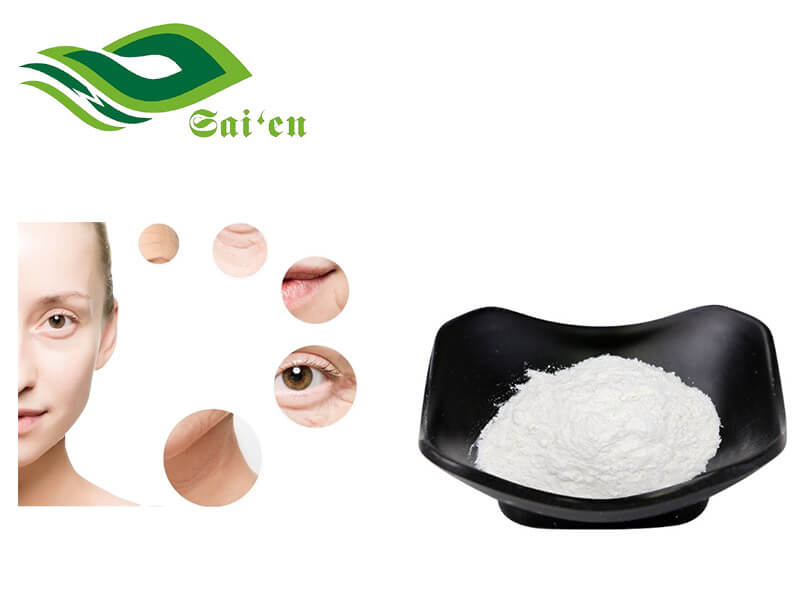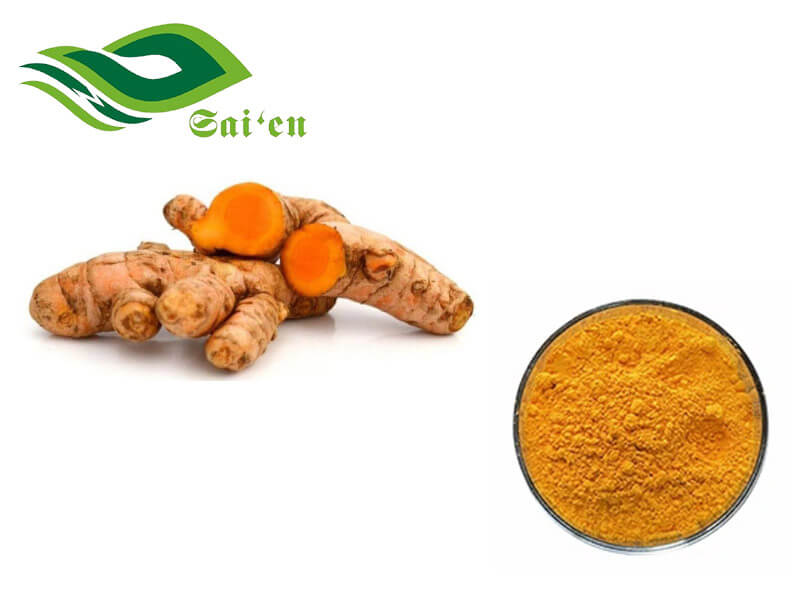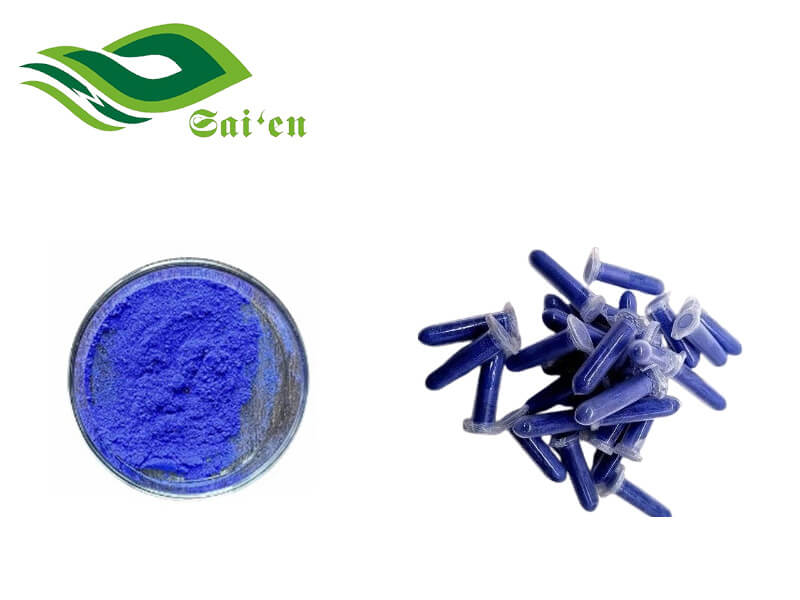Biotin, Calcium, Chromium, Copper, Folate, Iron, Magnesium, Niacinamide, Pantothenic acid, Riboflavin, Selenium, Thiamine, Vitamin A RAE 500.0IU, Vitamin B1, Vitanin B6, Vitanin C, Vitamin D 800IU, Vitamin E AT, Vitamin K1, Zinc, all-trans- beta-Carotene.
Vitamins are trace organic substances required by humans and animals to maintain normal physiological functions, and play an important role in metabolism and development.
- Vitamin A plays a role in human vision, the integrity of the skin and mucous membranes, and normal immunity.
- Vitamin B1 is widely used in energy metabolism and nervous system diseases.
- VB6 is a component of certain coenzymes in the human body and participates in the metabolic reactions of various substances, especially amino acid metabolism.
- In addition to its antioxidant and free radical scavenging functions, vitamin C also plays an important role in promoting the absorption and utilization of iron and calcium, promoting collagen synthesis, and promoting steroid metabolism.
- Vitamin D can not only promote calcium absorption and increase bone density, but also help prevent osteomalacia and rickets.
- Vitamin E is one of the most important antioxidants. It has biological activities such as antioxidant and anti-inflammatory, especially in scavenging free radicals and blocking lipid oxidation, which can improve the body's immunity.



